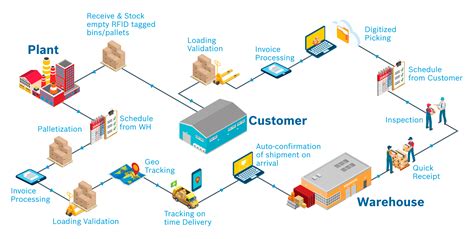Why is Traceability Important in Supply Chains?
1. What is Supply Chain Traceability?
Supply chain traceability refers to the ability to track each component of a product, from raw materials to finished goods, throughout the entire supply chain. This ensures that companies can follow products and materials as they travel through different production stages, warehouses, and shipping points.
Effective traceability enhances transparency, helping companies gain insight into every part of their production and distribution process. This visibility improves response times for recalls, reduces counterfeiting, and improves consumer trust.
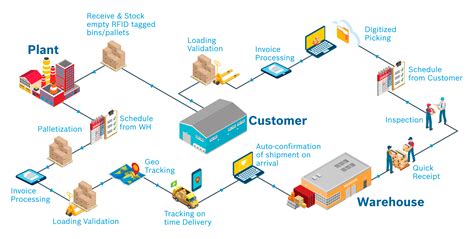
2. How Does Traceability Improve Product Quality?
Product quality is paramount in supply chain management. Traceability systems allow companies to closely monitor and control quality across each stage. By recording data at critical points, companies can quickly identify and address any issues that arise.
- Quality Monitoring: Traceability ensures products meet regulatory standards at every phase.
- Reduced Waste: Identifying quality issues early reduces waste by preventing defective products from progressing further down the line.
When companies can trace product origins, they can assure consumers of their commitment to high standards, strengthening brand loyalty and reputation.
3. Why Is Traceability Essential for Food Safety?
In the food industry, traceability is critical for food safety. With stringent regulatory requirements, such as those from the FDA or USDA, maintaining a robust traceability system helps prevent health risks and provides quick responses in case of a contamination issue.
Traceability also plays a crucial role in allergen control and accurate labeling, helping to protect consumers from accidental allergen exposure. Companies can recall affected products swiftly and ensure no further contaminated goods reach the market.
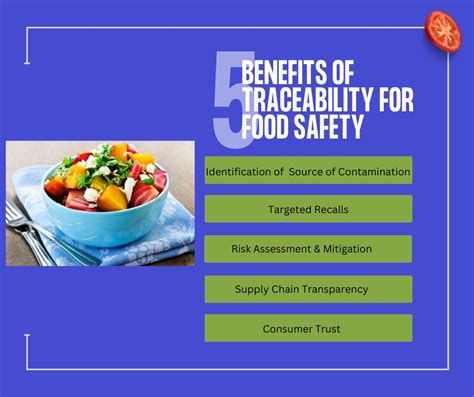
4. How Does Traceability Combat Counterfeit Products?
Counterfeit products are a growing challenge across various industries. Traceability systems can significantly deter counterfeiting by creating a transparent supply chain where each part can be verified and authenticated.
Anti-Counterfeit Technologies: These include QR codes, RFID tags, and digital certificates. They help verify product authenticity at every stage, reducing counterfeit risks.
| Technology | Description |
|---|---|
| QR Codes | Scannable codes that link to product information, including origin and authenticity details. |
| RFID Tags | Tags that store unique product data and can be scanned at various points along the supply chain. |
5. How Does Traceability Support Regulatory Compliance?
Government regulations require companies to maintain specific standards, especially in food, pharmaceuticals, and electronics. Traceability systems streamline compliance efforts by ensuring each product meets required standards at every phase.
Key Benefits:
- Audit Readiness: Traceability data provides accurate, organized records for regulatory audits.
- Compliance Assurance: Companies can verify that all products adhere to local and international regulations.
6. Why Is Traceability Important for Sustainability?
Traceability is crucial in promoting sustainable practices by allowing companies to track environmental impact and ethical sourcing. Sustainability-focused consumers increasingly demand transparency, and traceability helps assure them of responsible sourcing and reduced environmental footprints.
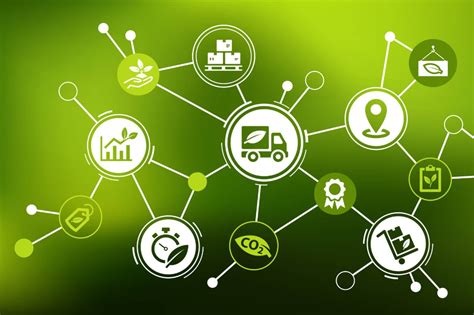
7. How Does Traceability Enhance Supply Chain Transparency?
Transparency is critical for building trust and loyalty among consumers. Traceability systems offer complete transparency by documenting the journey of each component through the supply chain.
- Better Accountability: Each stage of the supply chain is accountable, minimizing risks associated with mismanagement.
- Enhanced Consumer Trust: Transparent supply chains allow consumers to make informed purchasing decisions.
8. How Can Traceability Minimize Supply Chain Risks?
Supply chain disruptions are common, but traceability minimizes these risks by allowing quick detection and response to potential issues. With data from each point in the supply chain, companies can foresee delays and mitigate their impact on production.
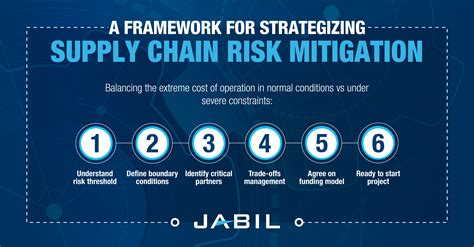
9. What Role Does Technology Play in Supply Chain Traceability?
Technology powers traceability, allowing companies to monitor, track, and document each phase of the supply chain. Innovations like blockchain, IoT, and AI are transforming how data is collected and analyzed.
Technological Solutions:
| Technology | Benefit |
|---|---|
| Blockchain | Ensures data integrity with secure, immutable records. |
| IoT | Provides real-time tracking with sensors and data collection. |
| AI | Analyzes data to detect patterns and predict supply chain issues. |
10. How Does Traceability Improve Supplier Collaboration?
Traceability fosters collaboration by creating a unified view of the entire supply chain. Suppliers and manufacturers can coordinate effectively and maintain high standards.
Improved Relationships: Better collaboration leads to stronger partnerships, which ultimately benefit consumers through reliable products and services.
Summary Table
| Benefit | Explanation |
|---|---|
| Improved Quality | Monitors quality across stages, reducing waste. |
| Food Safety | Ensures safety standards and quick response to contamination. |
| Anti-Counterfeit | Protects products from counterfeiting through authentication. |
| Regulatory Compliance | Simplifies compliance with accurate data tracking. |
FAQ
1. What is the role of traceability in product recalls?
Traceability enables companies to efficiently recall only affected products, minimizing waste and protecting consumer safety.
2. How does traceability impact consumer trust?
Transparent supply chains foster consumer trust by providing visibility into sourcing and production.
3. Why is technology important in traceability?
Technologies like IoT, blockchain, and AI improve traceability by securely tracking data across the supply chain.
4. What industries benefit most from traceability?
Food, pharmaceuticals, electronics, and fashion industries benefit significantly due to strict regulations and consumer expectations.
5. How does traceability support sustainability efforts?
Traceability helps companies measure and report on sustainable practices and ethical sourcing to reduce their environmental impact.
6. Can traceability reduce counterfeiting risks?
Yes, through technologies like QR codes and RFID tags, traceability deters counterfeiting by verifying product authenticity.
7. What challenges exist in implementing traceability?
Challenges include data integration, technology costs, and coordination among suppliers, especially in complex supply chains.

